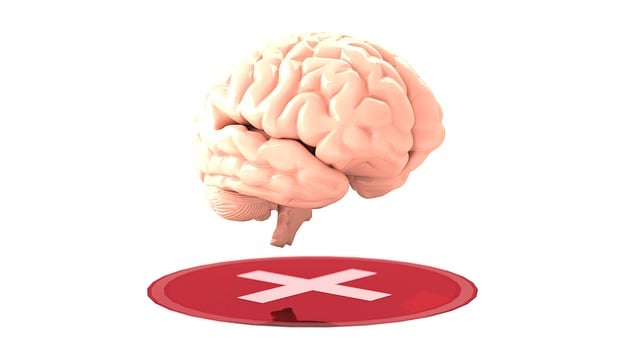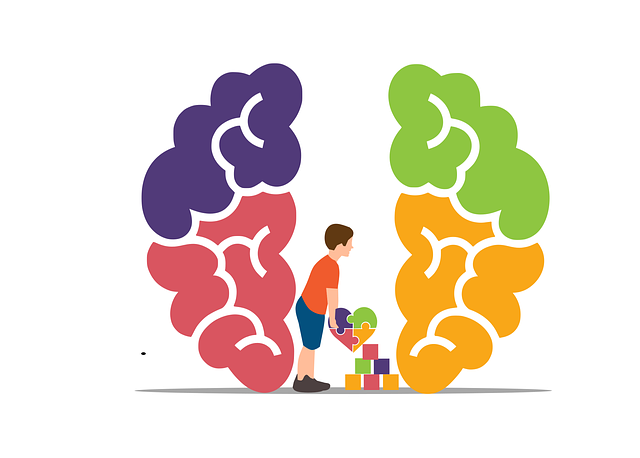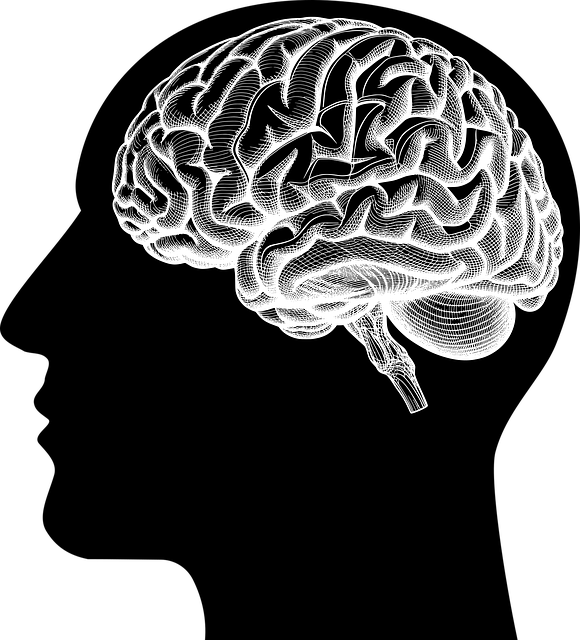Crisis Intervention Teams (CITs) are multidisciplinary groups addressing youth crises related to alcohol abuse and mental health, offering tailored care including therapy for children with alcohol abuse issues. Through a combination of immediate support, long-term solutions, mental health education, and advocacy for supportive policies, CITs enhance community support and outcomes for at-risk youth. Effective CIT training balances theoretical knowledge with practical exercises, emphasizes cultural sensitivity, and employs multifaceted strategies like individual counseling, group therapy, family interventions, social skills training, and mental health policy analysis. Real-world case studies show positive outcomes, demonstrating the impact of integrating these approaches in communities and educational settings for children struggling with alcohol abuse.
“Crisis intervention teams (CITs) play a pivotal role in supporting youth facing crises, especially those grappling with alcohol abuse—a growing concern among children. This article explores the transformative potential of CIT training programs, delving into their structure and impact. We examine the devastating effects of underage alcohol consumption and its connection to child abuse. Through effective training, interveners gain crucial skills for managing high-risk situations. Key strategies are outlined, supported by case studies showcasing successful CBT interventions in real-world child abuse scenarios, emphasizing the vital role of therapy in crisis management.”
- Understanding Crisis Intervention Teams: Their Role and Impact on Youth
- The Prevalence of Alcohol Abuse in Children and Its Devastating Effects
- Designing Effective Training Programs for Interveners
- Key Components of Successful Crisis Intervention Strategies
- Case Studies: Real-World Success Stories of CBT in Child Abuse Scenarios
Understanding Crisis Intervention Teams: Their Role and Impact on Youth

Crisis Intervention Teams (CITs) play a pivotal role in addressing youth crises, particularly those stemming from alcohol abuse and mental health issues. These specialized teams consist of professionals from various backgrounds, including social workers, psychologists, and law enforcement officers, who collaborate to provide immediate support and long-term solutions for at-risk young individuals. By integrating therapy for children with alcohol abuse into their interventions, CITs offer comprehensive care tailored to address the unique challenges faced by these youth.
The impact of CITs extends beyond acute crisis management; they advocate for Mental Health Policy Analysis and Advocacy, ensuring that systems and services are in place to support vulnerable young people. Furthermore, by fostering a culture of Self-Care Routine Development for Better Mental Health, CIT members encourage the individuals they assist to develop healthy coping mechanisms, thereby preventing future crises. Enhanced Mental Health Awareness, fostered through CIT programs, empowers both the teams and the youth they serve, leading to improved outcomes and a more supportive community environment.
The Prevalence of Alcohol Abuse in Children and Its Devastating Effects

Alcohol abuse among children is a growing concern, with devastating consequences for their emotional and mental well-being. Despite being often overlooked, young individuals are increasingly exposed to alcohol at an early age, leading to various developmental issues. The impact of such exposure can be profound, affecting not just their current behavior but also shaping future mental health outcomes. Children who grow up in environments where alcohol consumption is normalized or abused may struggle with emotional regulation, which forms a crucial basis for healthy development.
This issue exacerbates the challenge of addressing underlying mental illnesses and reducing the stigma associated with seeking therapy for children with alcohol abuse issues. Efficient crisis intervention team training programs play a pivotal role in equipping professionals to identify these problems early on. By focusing on mood management strategies, these programs aim to break the cycle of addiction and provide much-needed support, ultimately fostering healthier emotional regulation among at-risk youth.
Designing Effective Training Programs for Interveners

Effective crisis intervention team (CIT) training programs require careful design to ensure they equip professionals with the necessary skills to handle sensitive situations. These programs should go beyond theoretical knowledge and focus on practical, hands-on exercises that mimic real-world crises. Role-playing scenarios involving children experiencing alcohol abuse, for instance, can help interveners practice crucial communication strategies. By engaging in these realistic simulations, participants learn to navigate complex emotional landscapes while maintaining their own emotional regulation.
Incorporating cultural sensitivity in mental healthcare practice is another vital aspect of CIT training. Recognizing and respecting diverse cultural backgrounds ensures that interventions are tailored to each individual’s unique needs. Training should emphasize active listening, empathy, and an understanding of cultural norms to foster effective communication between interveners and those in crisis, especially when dealing with children from varied ethnic or socio-economic backgrounds.
Key Components of Successful Crisis Intervention Strategies

Successful crisis intervention strategies for children affected by alcohol abuse involve a multifaceted approach that combines various therapeutic techniques. One key component is therapy for children, tailored to address the unique needs and experiences of young individuals. This can include individual counseling, group therapy, or family-focused interventions aimed at improving communication, processing trauma, and developing coping mechanisms.
The mental health education programs design plays a crucial role in empowering both children and adults by fostering understanding of alcohol abuse as a complex issue. Incorporating social skills training helps children build resilience, enhance their support networks, and develop healthier relationships, which are vital for long-term recovery. Additionally, advocates pushing for supportive mental health policy analysis and advocacy ensures systemic changes that prioritize access to quality care and reduce the stigma surrounding mental health concerns.
Case Studies: Real-World Success Stories of CBT in Child Abuse Scenarios

Case studies offer powerful insights into the real-world application of Crisis Intervention Team (CBT) training in child abuse scenarios. These stories showcase how CBT, a therapeutic approach tailored for children experiencing alcohol abuse and its associated trauma, has proven effective in various settings. For instance, a study conducted in an urban community highlighted the success of CBT in reducing symptoms of post-traumatic stress disorder (PTSD) among children who had experienced domestic violence. The program involved not only individual therapy but also group sessions, empowering children with coping mechanisms and building resilience.
Another compelling case focuses on a rural area where a unique CBT model was implemented within a school system. This initiative aimed to address the impact of substance abuse on youth and included mental health education programs designed to improve mood management skills. The results indicated improved academic performance and reduced instances of behavioral issues, demonstrating the holistic benefits of integrating therapy for children with alcohol abuse into educational settings. These success stories underscore the significance of crisis intervention team training in empowering communities to tackle child abuse effectively.
Crisis intervention team training programs are invaluable tools in addressing the growing issue of alcohol abuse among children. By equipping professionals with the necessary skills and knowledge, these programs foster effective interventions that can significantly mitigate the devastating effects of substance misuse on young lives. Through a combination of evidence-based strategies, such as cognitive behavioral therapy (CBT), and real-world case studies showcasing success stories, it’s clear that investing in comprehensive training is a vital step towards creating a healthier future for our youth, offering them the support they need to thrive without the shackles of alcohol abuse.














